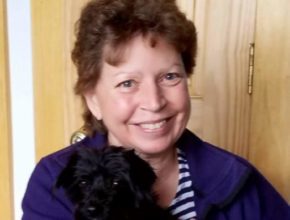In my opinion, being rude is totally unacceptable behavior. Rudeness comes from a lack of respect for others. It is mean-spirited and serves no good purpose. The fact that this behavior is accepted and even applauded sometimes, is a shameful thing.
When I was growing up, I never heard adults use profanity. I know that some people must have done so, but it was definitely not okay, nor was it prevalent in my life. Now, it is commonly used by young people and not a thought is given to it.
Profanity is excessively used by teenagers in public high schools. It exhibits a dreadful lack of vocabulary as it is thrown around in the halls as the classes change.
I remember, while I was working in public high schools, that the “f” word was attached to almost every sentence that was spoken by some of the students as they changed classes. Since I changed classes with students, I was exposed to many snippets of their conversations in the hall. One day I counted the times I heard this word while moving from class to class with my student. The total added up to 50. This, in the few minutes between classes.
That word was so prevalent as to render it meaningless to those who used profanity. That was not true all the time, of course. When it was used in anger, it meant something. But it was insignificant to those who used it in daily conversation.
Being rude and using profanity exhibits disrespect to others and oneself. Adults need to exhibit acceptable behavior and talk to kids about it from an early age. Only then, can we expect to see positive change. The alternative will only encourage the acceptability of being rude and disrespectful. And that can only create more disturbing behavior in the future.
